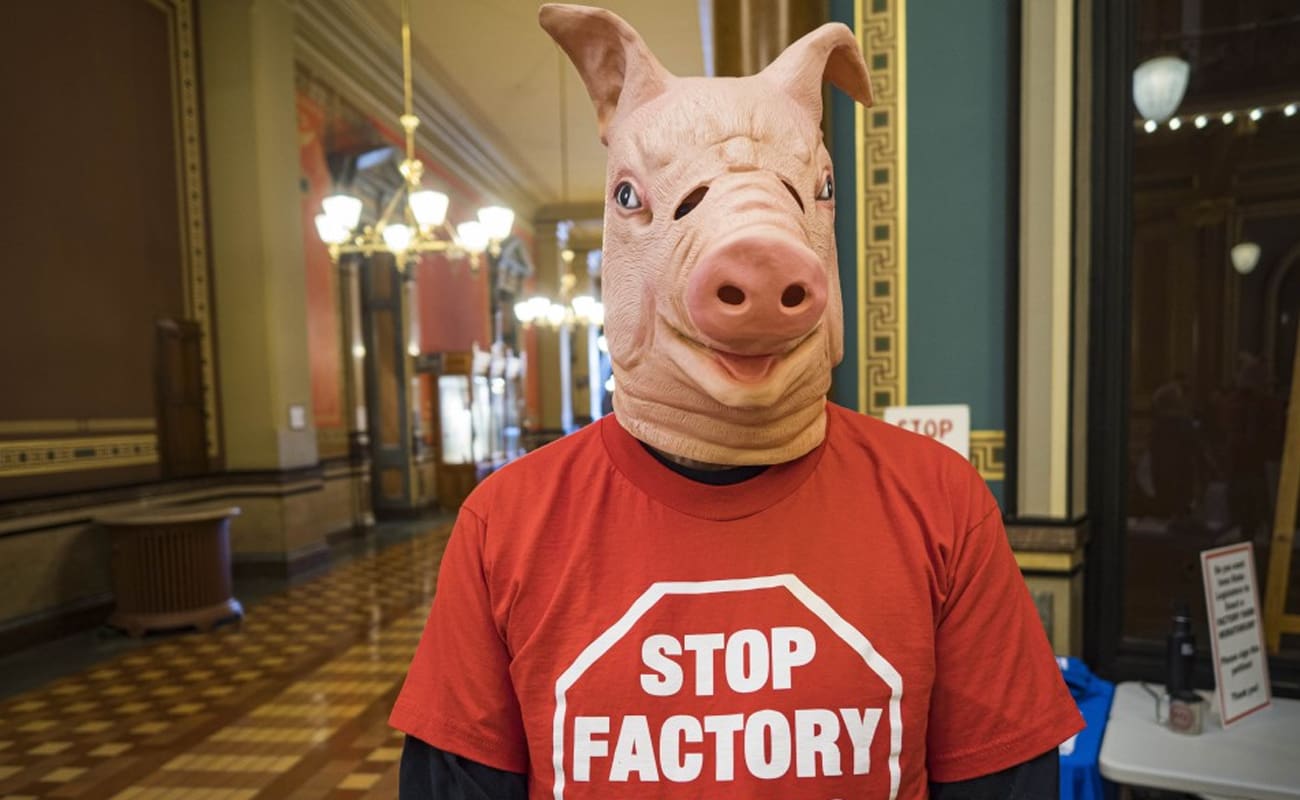The “Issues” section sheds light on the widespread and often hidden forms of suffering that animals endure in a human-centered world. These are not simply random acts of cruelty but symptoms of a larger system—built on tradition, convenience, and profit—that normalizes exploitation and denies animals their most basic rights. From industrial slaughterhouses to entertainment arenas, from laboratory cages to clothing factories, animals are subjected to harm that is often sanitized, ignored, or justified by cultural norms.
Each subcategory in this section reveals a different layer of harm. We examine the horrors of slaughter and confinement, the suffering behind fur and fashion, and the trauma animals face during transportation. We confront the impact of factory farming practices, the ethical cost of animal testing, and the exploitation of animals in circuses, zoos, and marine parks. Even within our homes, many companion animals face neglect, breeding abuses, or abandonment. And in the wild, animals are displaced, hunted, and commodified—often in the name of profit or convenience.
By uncovering these issues, we invite reflection, responsibility, and change. This is not just about cruelty—it is about how our choices, traditions, and industries have created a culture of dominance over the vulnerable. Understanding these mechanisms is the first step toward dismantling them—and building a world where compassion, justice, and coexistence guide our relationship with all living beings.
Milk and cheese have long been cherished staples in countless diets, celebrated for their creamy textures and comforting flavors. But behind the allure of these beloved dairy products lies a darker reality that often goes unnoticed. The dairy and meat industries are rife with practices that inflict immense suffering on animals, devastate the environment, and raise critical ethical concerns. From the harsh confinement of cows to the environmental toll of intensive farming, this article uncovers the unsettling truths hidden behind every glass of milk or slice of cheese. It’s time to rethink our choices, embrace compassion, and explore sustainable alternatives that align with a kinder future for animals and our planet alike


























































